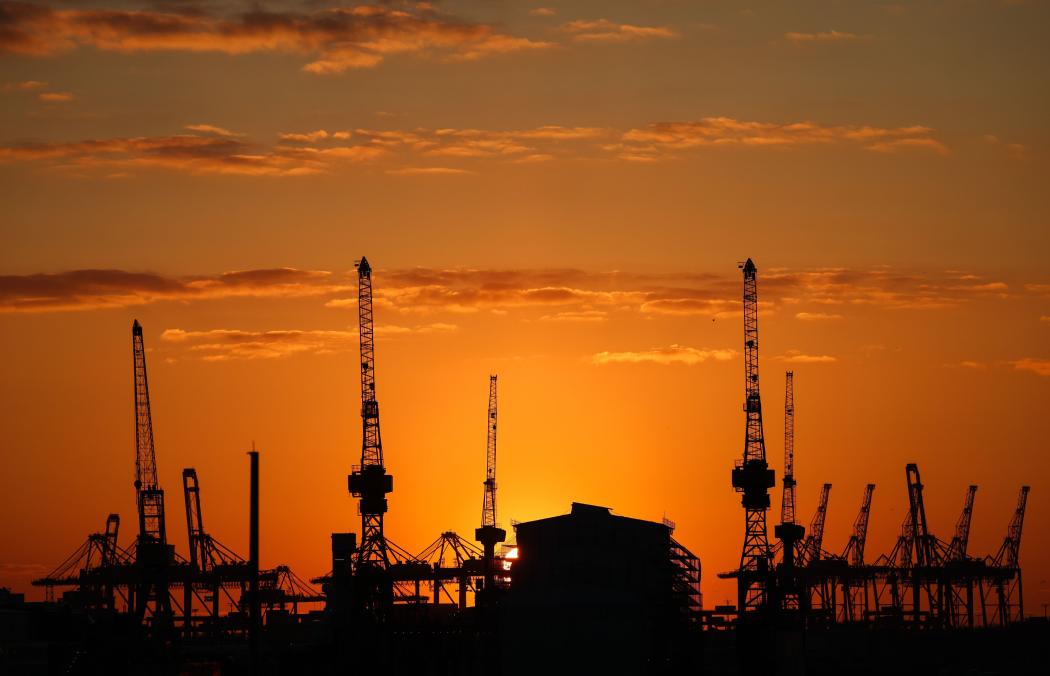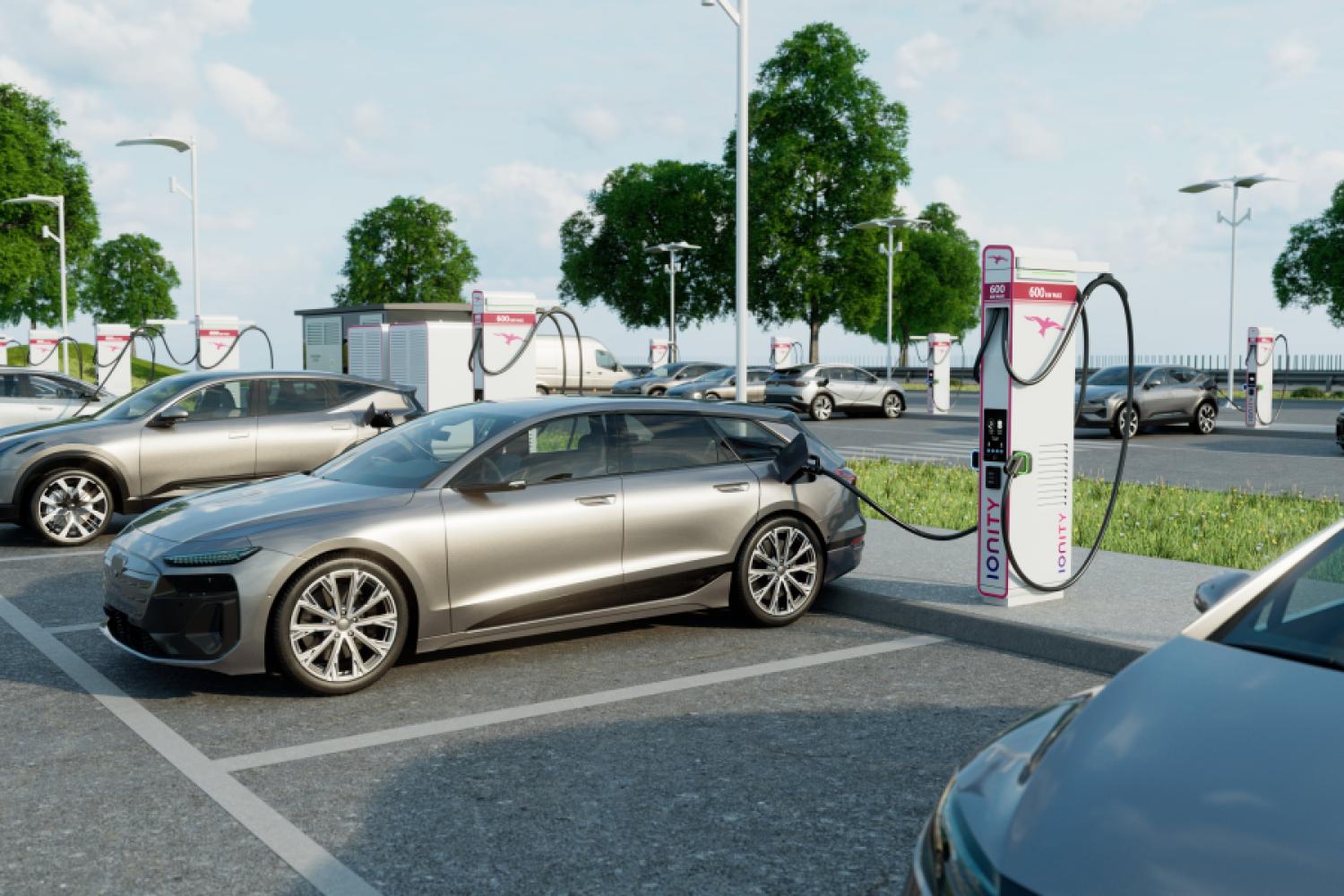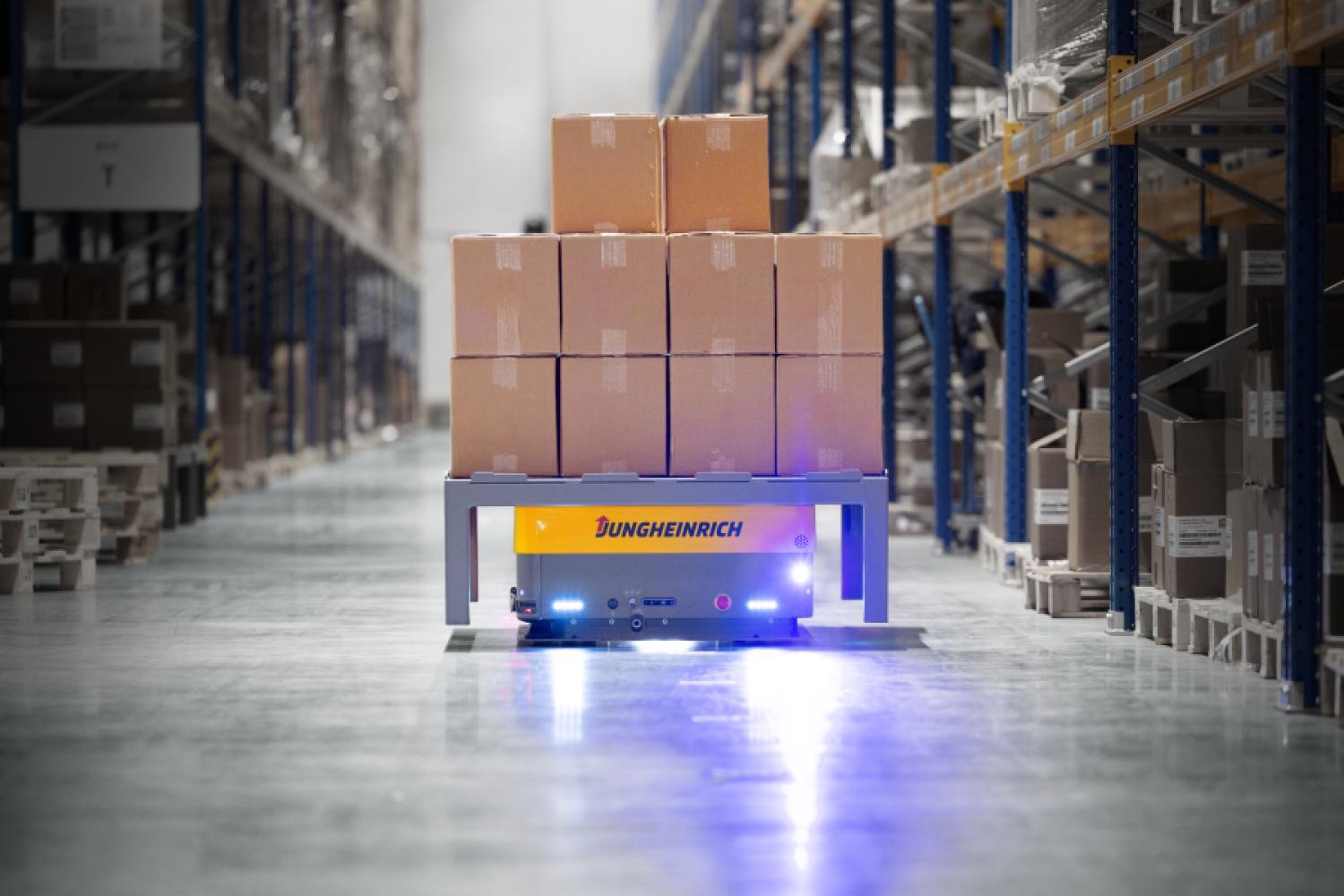According to Commerzbank Chief Economist Jörg Krämer, a future federal government must quickly set a signal to stop the migration of companies. “We have many great medium-sized companies in Germany. However, a signal is needed that something is changing to prevent more and more companies from going abroad and investing there,” Krämer told the German Press Agency. “Trust in politics is shaken; a signal of a fresh start could restore credibility.”
It is most likely that this could arise from a reduction in bureaucracy, "for example, if a new federal government abolishes the German Supply Chain Act or reduces reporting obligations in terms of sustainability," suggests Krämer. "The Supply Chain Act, in particular, is emotionally troubling many companies. Such a reduction in bureaucracy costs no money, brings much, and could be implemented directly."
Major differences between SPD and Union
"Union and SPD could also agree relatively quickly on investments in infrastructure," Krämer believes. "Here, the necessary amounts are lower than in defense and could come from reallocations, provided the SPD supports savings in the citizens' allowance." A possible special fund for infrastructure could also be supported by the Left Party.
After migration dominated the election campaign, economic policy now needs to be more in focus, Krämer demanded. However, the differences between the potential government partners, Union and SPD, are significant in tax policy, the citizens' allowance, and the debt brake. "This dampens hopes for a fundamental restart in economic policy."
Critical point debt brake
According to Krämer's assessment, the critical point is likely to be financing. "In defense policy, the necessary additional expenditures are so large that they can hardly come from savings." It would be conceivable to suspend the debt brake with a simple majority citing an emergency, to loosen it by excluding infrastructure expenses, or to abolish it entirely, says the economist. However, the latter would hardly be possible with the Union. Both SPD and the Greens advocate for easing the debt brake.
The Düsseldorf economist Jens Südekum also sees potential with the Left: "The Left is not the BSW. The Left basically has no objection to a reform of the debt brake – unlike the AfD," Südekum told the magazine "Capital."
More Orders for the Industry
Krämer sees a gradually better environment for the German economy from the global economy after two years of recession. For several months now, the industry has been receiving more orders from abroad. This, along with lower energy prices, is supporting the economy. “However, companies are suffering from the fact that the framework conditions have massively deteriorated since the Merkel years.” Therefore, he only expects a small growth of 0.2 percent for the current year.






